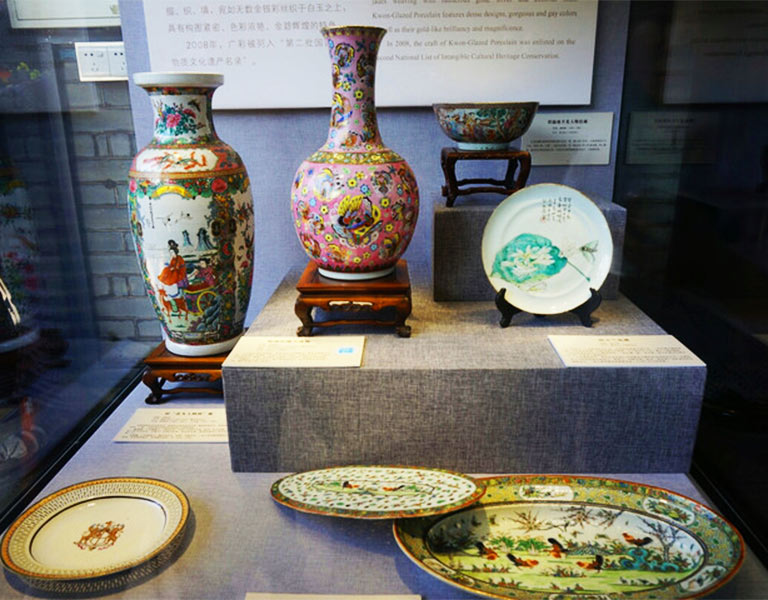 Gu Changge's past is revealed — he is an incarnation of a True Origin Ancestor,[35] whose goal is to devour the other two of its kind. His entire background as a transmigrator,[36] alongside the system, is merely a facade to trick the True Origin Ancestors from figuring out his true identity since they can't properly deduce the origins of anomalies. Accordingly, his past life as the peak-Immortal Emperor Realm Demon Lord was also merely another mirage casually sprung up by Gu Changge's true body. When Gu Changge visited Gu Qingyi, they spent some time together leisurely.
Gu Changge's past is revealed — he is an incarnation of a True Origin Ancestor,[35] whose goal is to devour the other two of its kind. His entire background as a transmigrator,[36] alongside the system, is merely a facade to trick the True Origin Ancestors from figuring out his true identity since they can't properly deduce the origins of anomalies. Accordingly, his past life as the peak-Immortal Emperor Realm Demon Lord was also merely another mirage casually sprung up by Gu Changge's true body. When Gu Changge visited Gu Qingyi, they spent some time together leisurely.Furthermore, our travel expert will help you customize your own tour to visit more places in Guangzhou. The iron casting assimilates some features of western courtyard’s architectural art, and it is applied in the gazebo in front of the gathering hall. In 1988, it was added in the list of "Cultural Relics of National Importance under the Protection of the State".
The intention was to provide a training academy for the Imperial civil service examination to young men (I don’t think women took the exam then) from the 75 families of this clan. Within 15 years the exams were history, and the clan turned its holdings to other ends. Chen Clan Ancestral Hall with beautiful brick carvings and sculpted pottery on the roof ridges. In 1983, the Chen Clan Ancestral Hall was restored after the folk art museum reopened. The Chen Clan Ancestral Hall is an art museum showcasing folk art masterpieces primarily from Guangdong and across China. The hall's collection exceeds 20,000 pieces, with nearly 3,000 classified as national treasures.
When the imperial examinations were eventually abolished in 1905, the building was turned into a practical school for Chen clan students. The most unforgettable thing in Chen Clan Ancestral is the colorful roof. It is the Stucco relief that widely used in architectural decoration of PRD(Pearl River Delta).
Shamian Island is an architectural marvel that tells the story of Guangzhou’s colonial past. Each building and street on the island has its own story, from the historical British and French consulates to the various churches, schools, and banks that bear European architectural styles. A leisurely walk through Shamian Island not only allows visitors to appreciate its colonial architecture but also offers picturesque spots for photography enthusiasts.
Sorry, without knowing what 'the spot' refers to, I can't share any specific details about its origin story. On Wednesday, German auto manufacturer Volkswagen (VW) announced that it would sell its operations in Xinjiang. However, based on the company’s statements, economics rather than human rights may have been the primary motivation for its recent decision-making. Reuters first reported on VW’s exit from Xinjiang and the extension of... From then on, he gradually found out his martial spirit's origins is not as simple as he thought.







